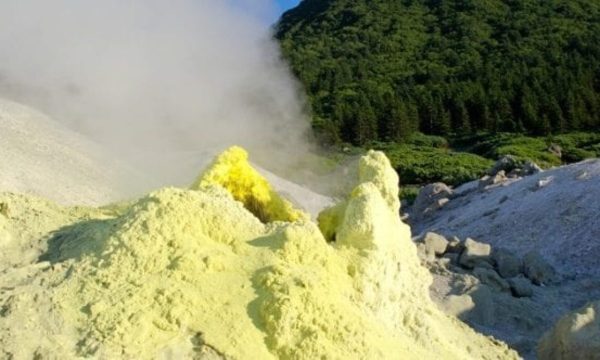The role of industrial sulfur powder is also very extensive. First of all, it is an important chemical raw material, which is widely used in the rubber industry, sulfur concrete, electrolysis industry, papermaking, pigment industry, cement, adhesives, pesticides, catalysts, and iron and steel pickling industries. In various industries such as black powder and water treatment, the fertilizer industry is a major user of industrial sulfur powder. In the previous article, we introduced the wonderful use of agricultural sulfur powder in agricultural fruit trees. Agricultural sulfur powder can optimize and adjust soil nitrification and pH value, and can also be used as fungicides and insecticides.
The so-called seedbed soil disinfection method is to use the seedbed soil total disinfection method, that is, the use of formaldehyde, chloropicrin, methyl bromide, chloropicrin, Dianron and other fumigating agents are added to the soil for airtight fumigation to carry out all the disinfection treatment of the seedbed. Through this method, the soil can be sterilized more thoroughly, and the grass seeds and nematodes in the soil can be killed in a large area at the same time as the sterilization. However, it has drawbacks. While performing sterilization, it will also kill beneficial microorganisms. This reduces soil fertility. Therefore, this sterilization method is generally used in places with serious soil diseases, and general soil needs to be used with caution.
Agricultural sulfur powder is actually an acidic compound. As we have introduced before, it can sterilize and prevent flowers, fruit trees and other crops, adjust acidity and alkalinity, promote wound healing, and prevent diseases. At the same time, it can also supply plant nutrients and promote growth and development. Sulfur powder manufacturers remind users that in the process of sterilizing the soil, it is necessary to ensure the dosage of agricultural sulfur powder to avoid secondary damage to the soil.

